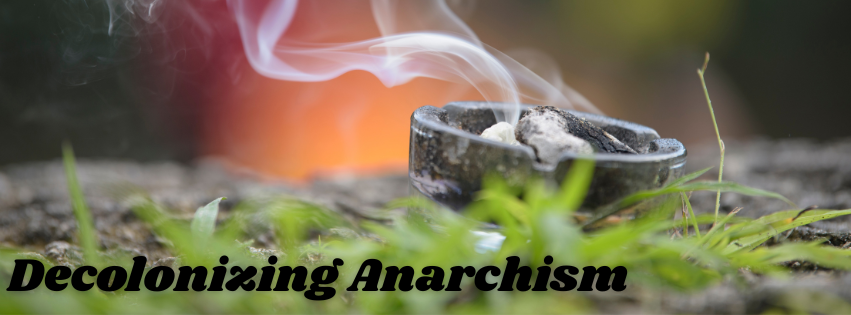Decolonizing Anarchism

Deconstructing Classical Anarchist Theory
Normally I would begin any project or effort by first centering the voices of those most marginalized under the global capitalist and white supremacist system, however, I chose to work through Classical Anarchist Theory first because I knew it would be full of technical language and big quotes and I wanted to be able to apply critique to that theory through the lenses of the global majority. As we explore solidarity within Black, Indigenous and People of the Global Majority (BIPGM) cultures, it is my goal to draw parallels to classical anarchism with the origins of that theory found in BIPGM cultural knowledge and practices.
A significant portion of classical theory work references BIPGM cultures as examples of solidarity and co-operation, however, these mentions are often wrapped in colonialism and white supremacy that is predominant in Western theory and not only use racist language like s*v*g* and pr*m*t*v*, but also maintain Western dominance in being “civilized”. Classical theory is, to be blunt, incredibly siloed and homogenic; I am speaking specifically of white, Eurasian-centric theory like some of what I used in my last piece. Much of classical theory is based on authors like Marx, Kropotkin, Engels, Bakunin, Hegel, Malatesta, and other European and Eurasian theorists, influencing Western theory. It preaches solidarity but uses dehumanizing terms for cultures they don’t understand. It declares that all are innately equal and free by virtue of existing but uses gendered language. There are inconsistencies and paradoxes between different classical theories and also between the theory and praxis of the theorists. When we approach classical anarchist theory through the lens of centering BIPGM theory, these conundrums are rectified as we decolonize our definitions and develop a principled belief system with a solid foundation.
Redefining Anarchism
Anarchism as a word and formal theoretical ideology is developed during the 1500-1800s, but the principles and culture of anarchism are found throughout human history in our ancient and Indigenous traditions. Decolonizing classical anarchist theory is not simply a process of acknowledging the inherent power dynamics in the Western definitions of theoretical concepts, it is a call to re-center the foundation of those definitions and concepts from classical anarchist theory to the building blocks found in BIPGM practice and culture. It is not enough to “decolonize” anarchism, we must reorient our theoretical anarchist ideology into the innate, natural certainties of solidarity and co-operation. Anarchism is a spiritual practice, a faith and belief in the instinctual solidarity of nature and of humanity as a part of nature. It is, itself, a collaboration of the nature of the mind, body, and spirit - a solidarity of our brains, bodies, and consciousness. Anarchism is an active and participatory existence in mutual co-operation that supports the innate rights of all involved in the communalistic practice; building our tenets and definitions from this foundation, that it is spiritual and intrinsic - intuitive, both deeply personal and communal, as a belief system from which we practice existence.
